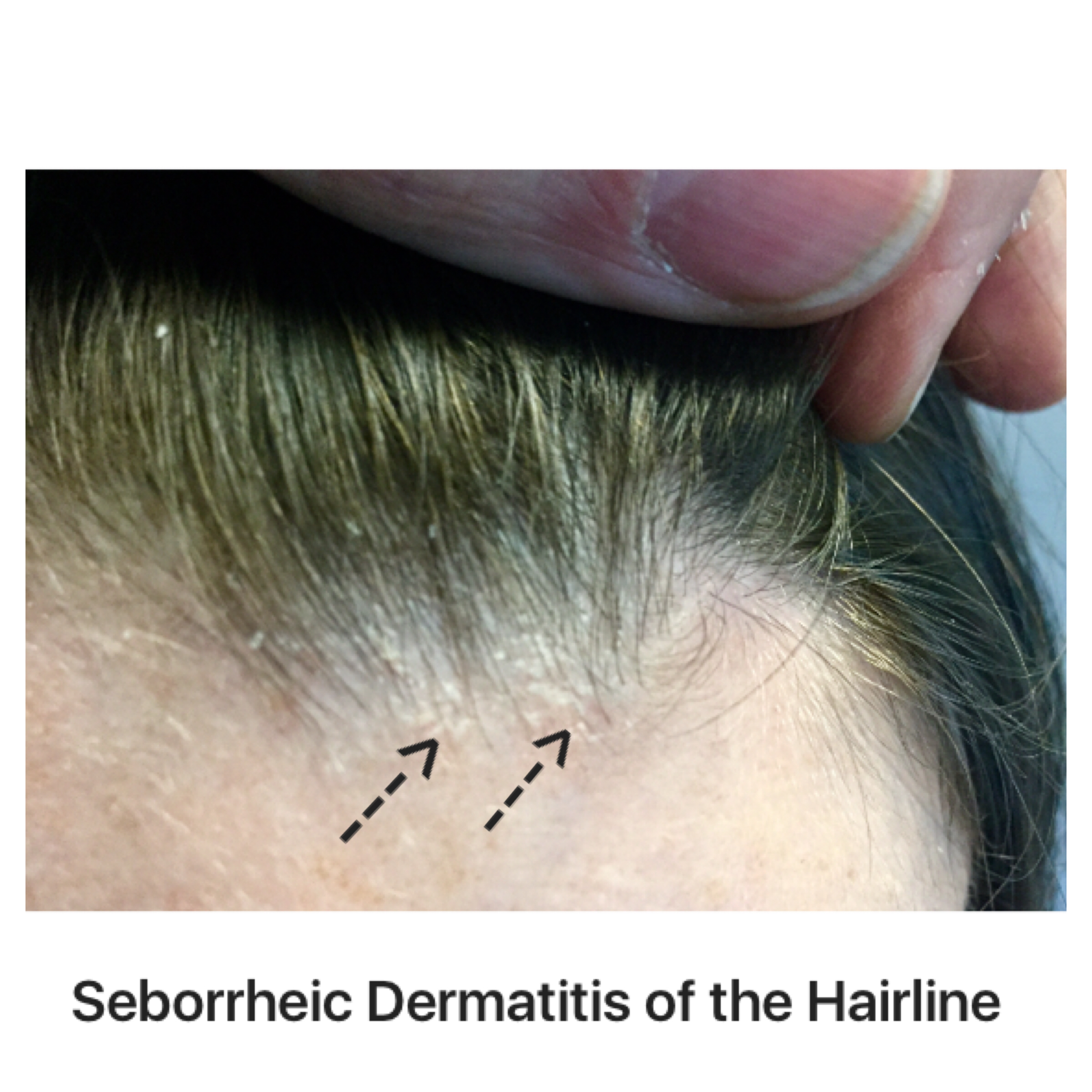Can drugs cause or exacerbate seborrheic dermatitis?
Can drugs cause or exacerbate seborrheic dermatitis?
Seborrheic dermatitis is red, scaly and sometimes itchy scalp and skin condition that closely resembles dandruff. The condition is extremely common and affects 5 % or more of the population.
There are a variety of well known factors that increase the risk of seborrheic dermatitis including depression, neurological conditions, alcoholism, stress, HIV/AIDS, organ transplantation and advanced age (over 60).
Drugs are also potential causes of either worsening or inducing seborrheic dermatitis. The anti-cancer drugs are well known causes of seborrheic dermatitis like eruptions. Examples include dasatinib, gefitinib, sorafenib, sunitinib, vemurafenib, 5-FU, Erlotinib, cetuximab, IL-2, and interferon-α. I often advise a scalp biopsy in many of these cancer drug associated seborrheic dermatitis-like presentations as many are actually forms of scarring alopecia (ie EGFR inhibitors).
Other drugs causing a seborrheic dermatitis-like eruption include griseofulvin, cimetidine, lithium, buspirone, haloperidol, lithium, methyldopa, gold, ethionamide, methoxsalen, methyldopa, phenothiazines, psoralens, stanozolol, and thiothixene.
This article was written by Dr. Jeff Donovan, a Canadian and US board certified dermatologist specializing exclusively in hair loss.

